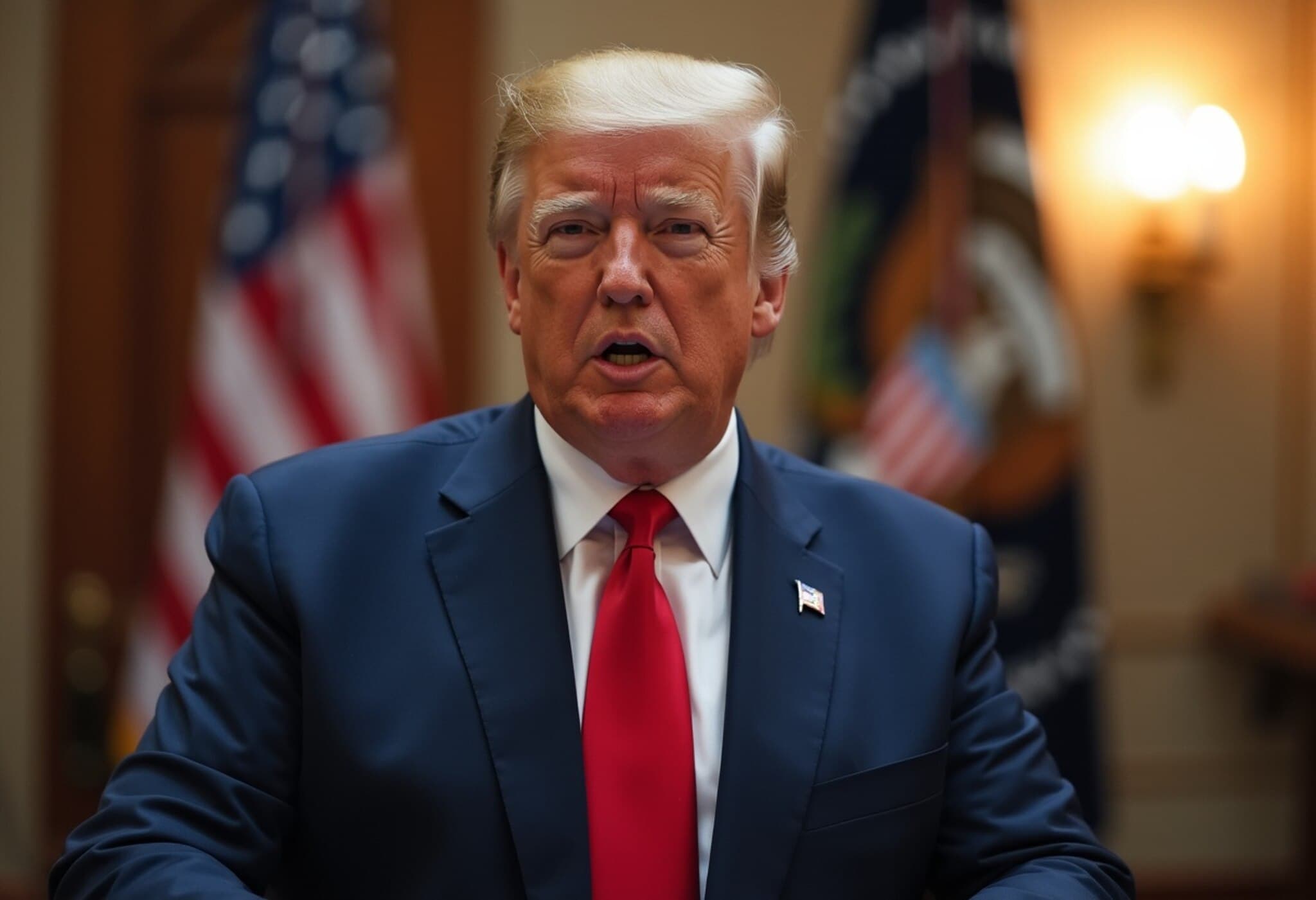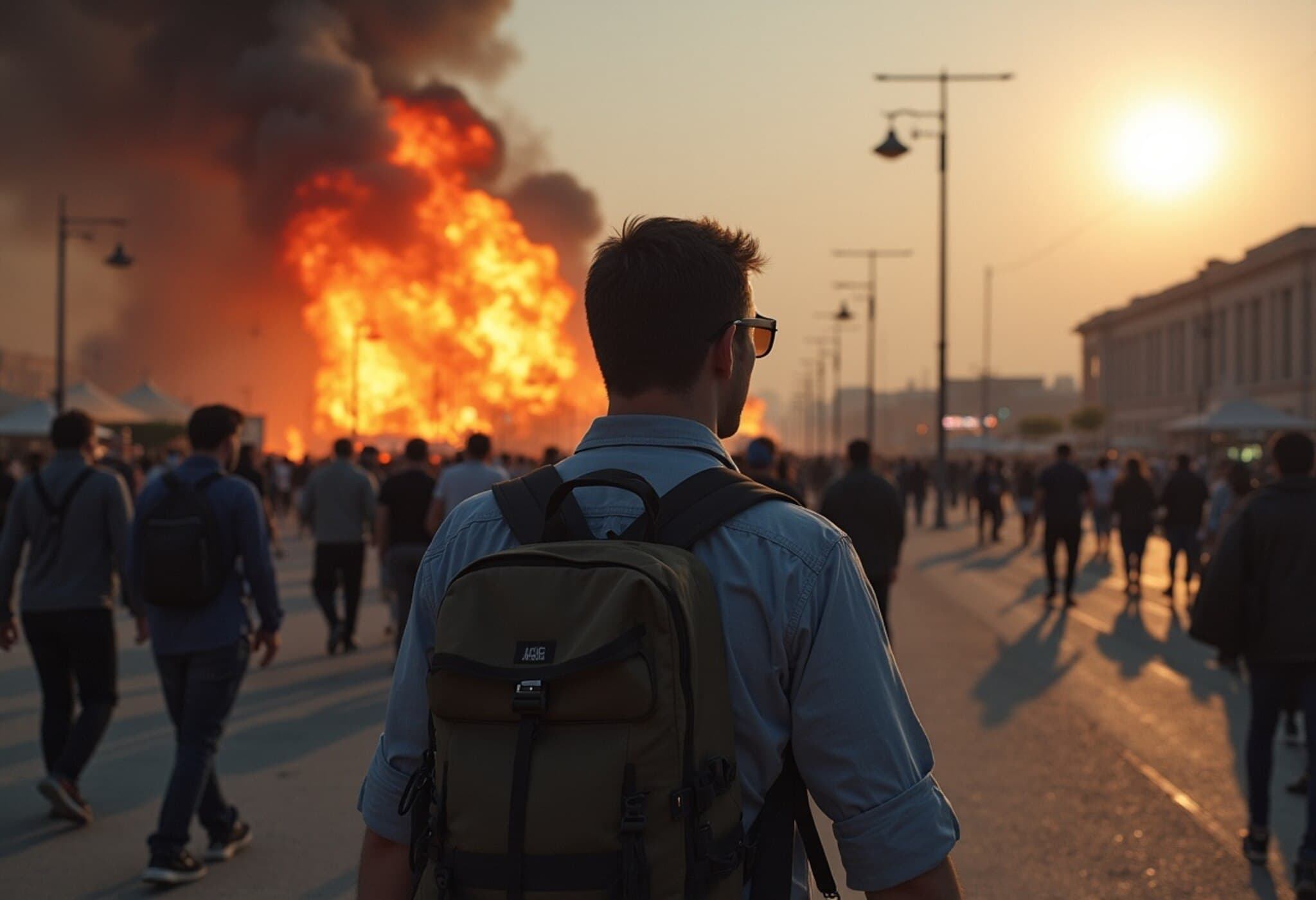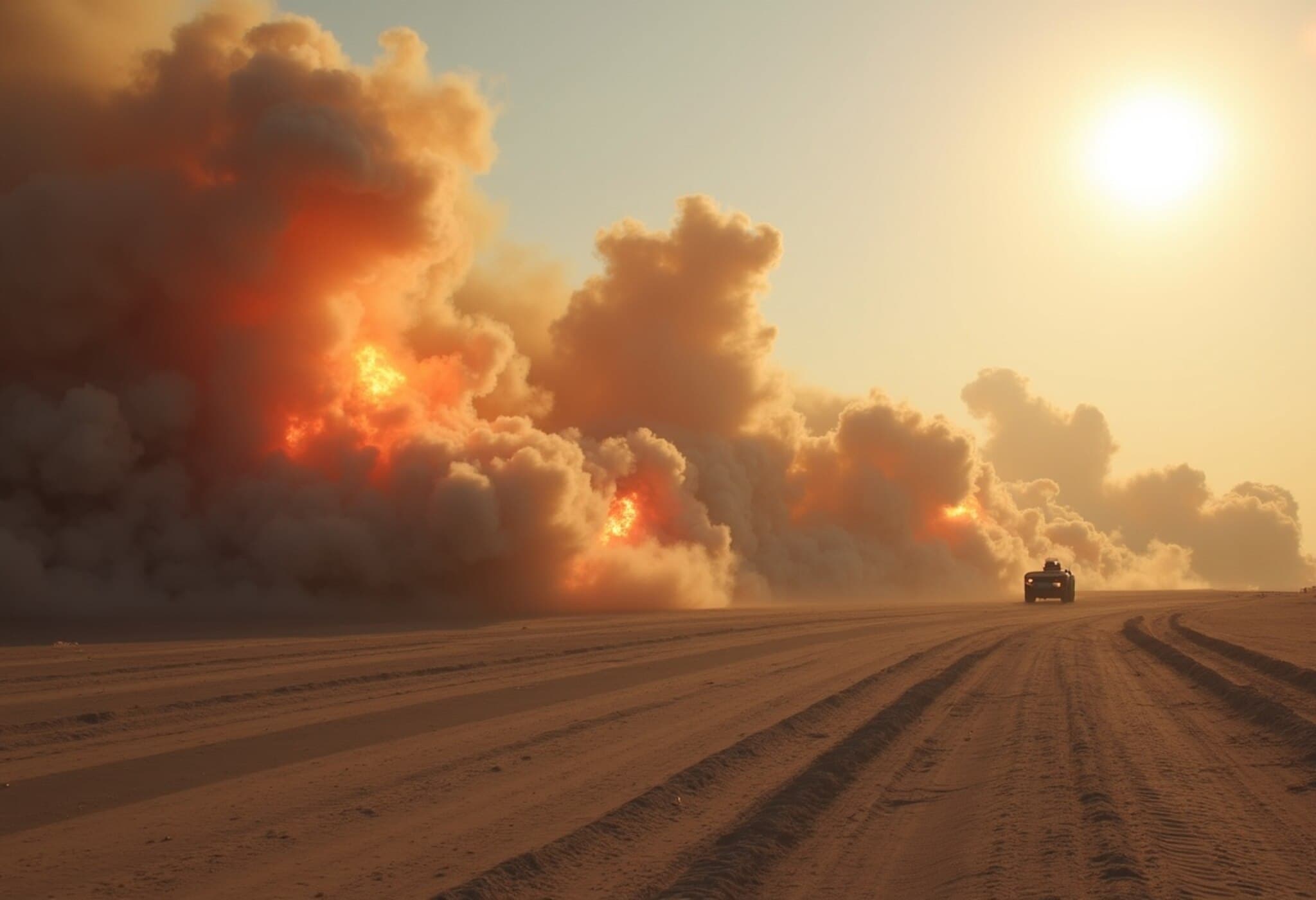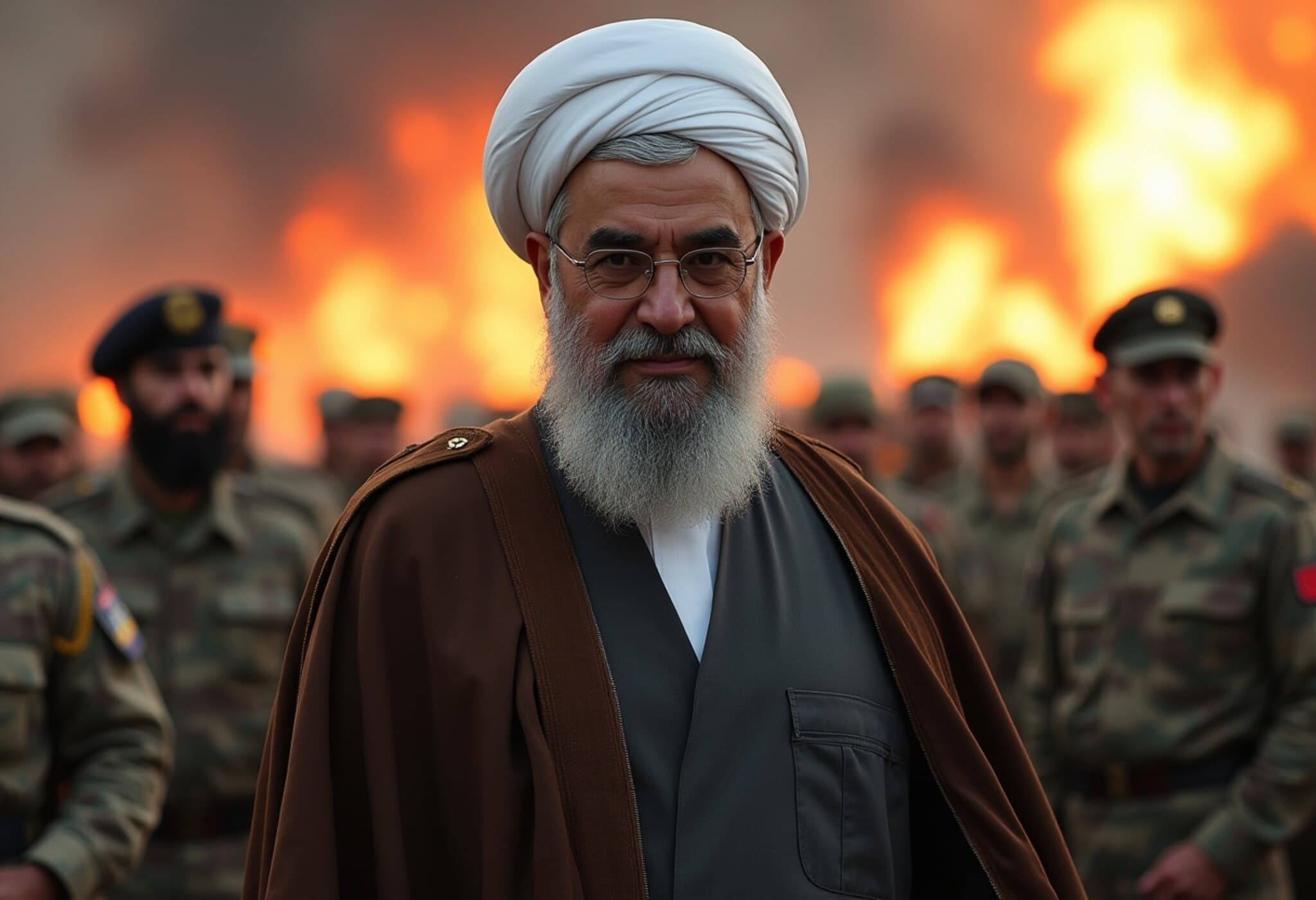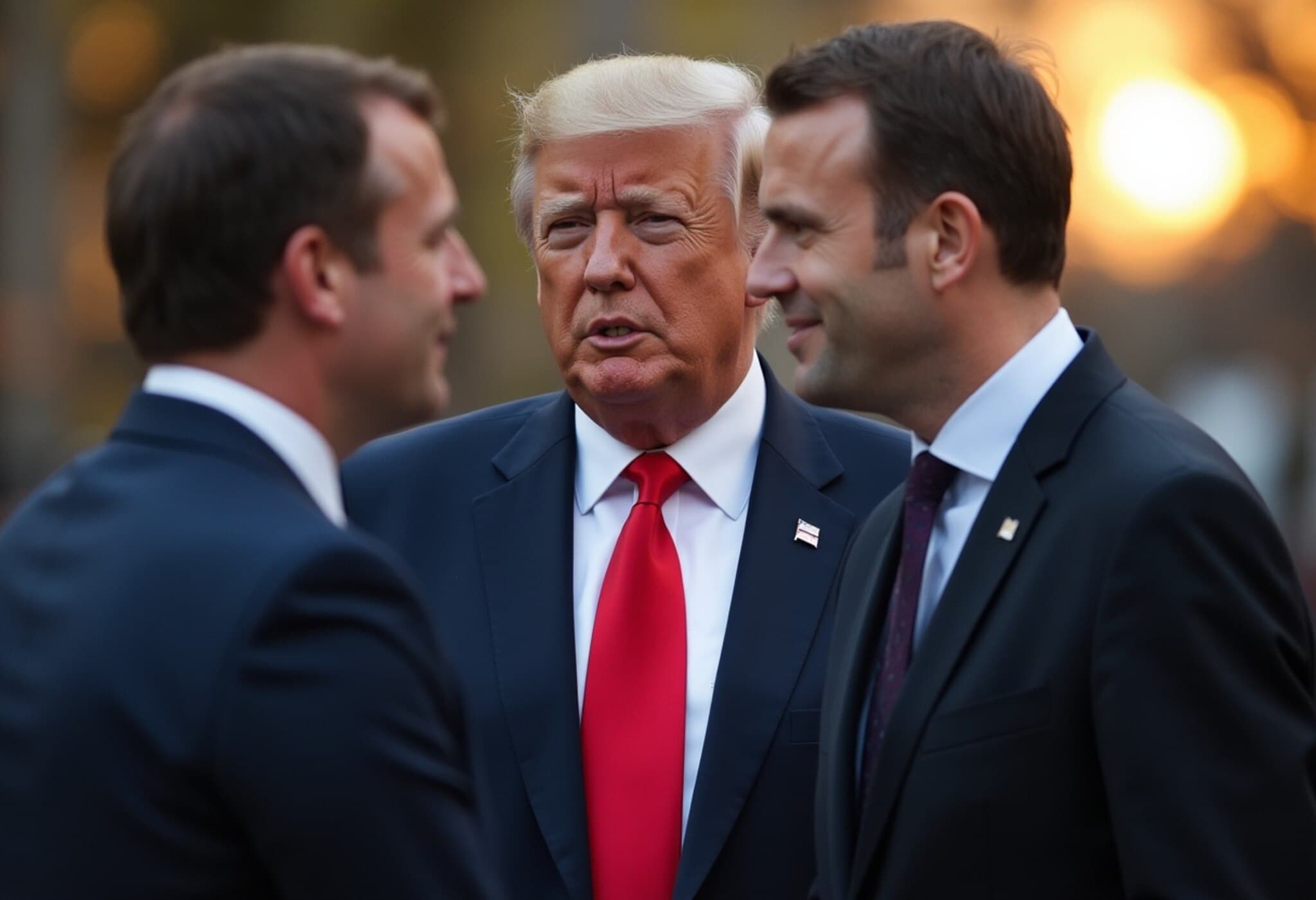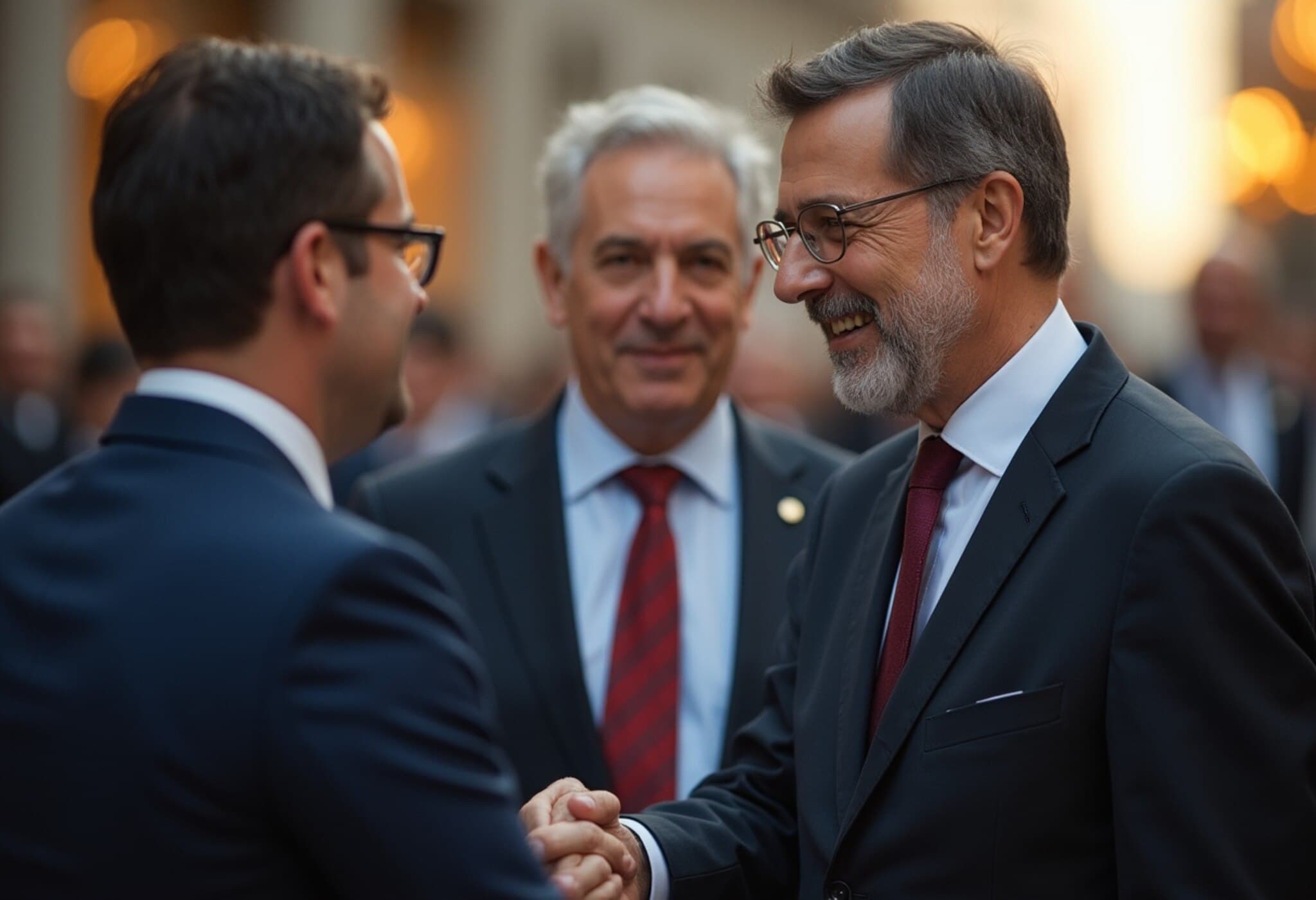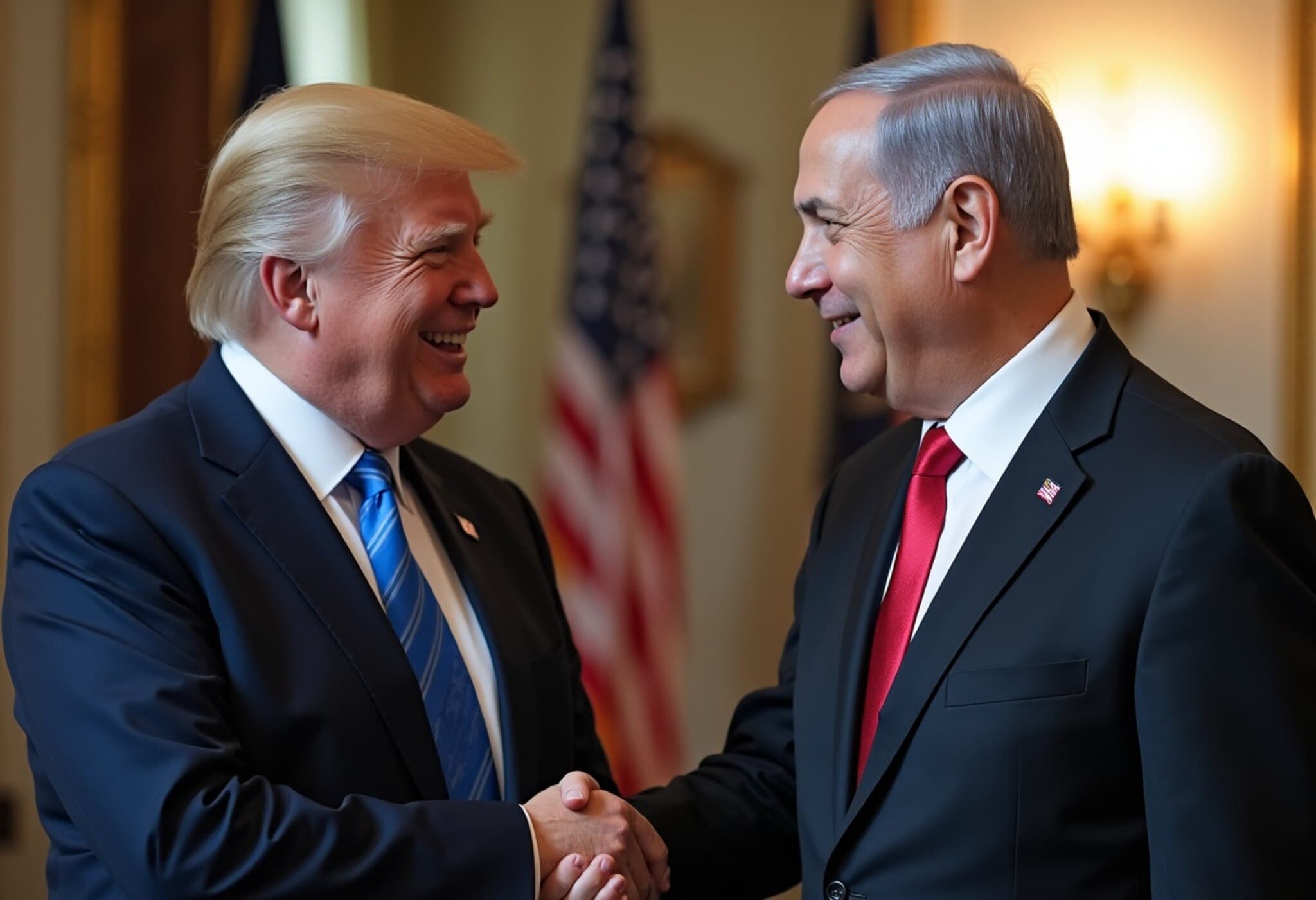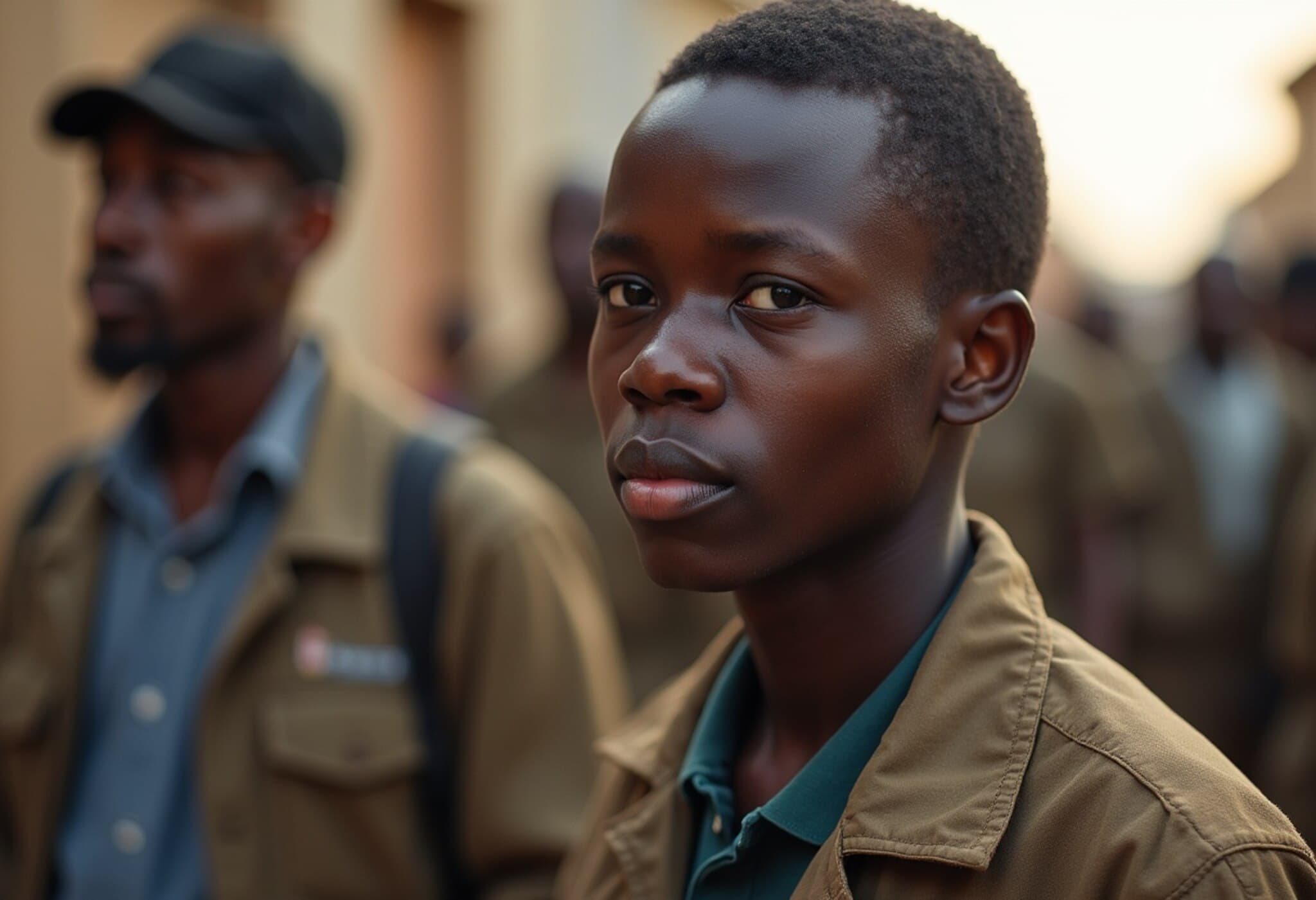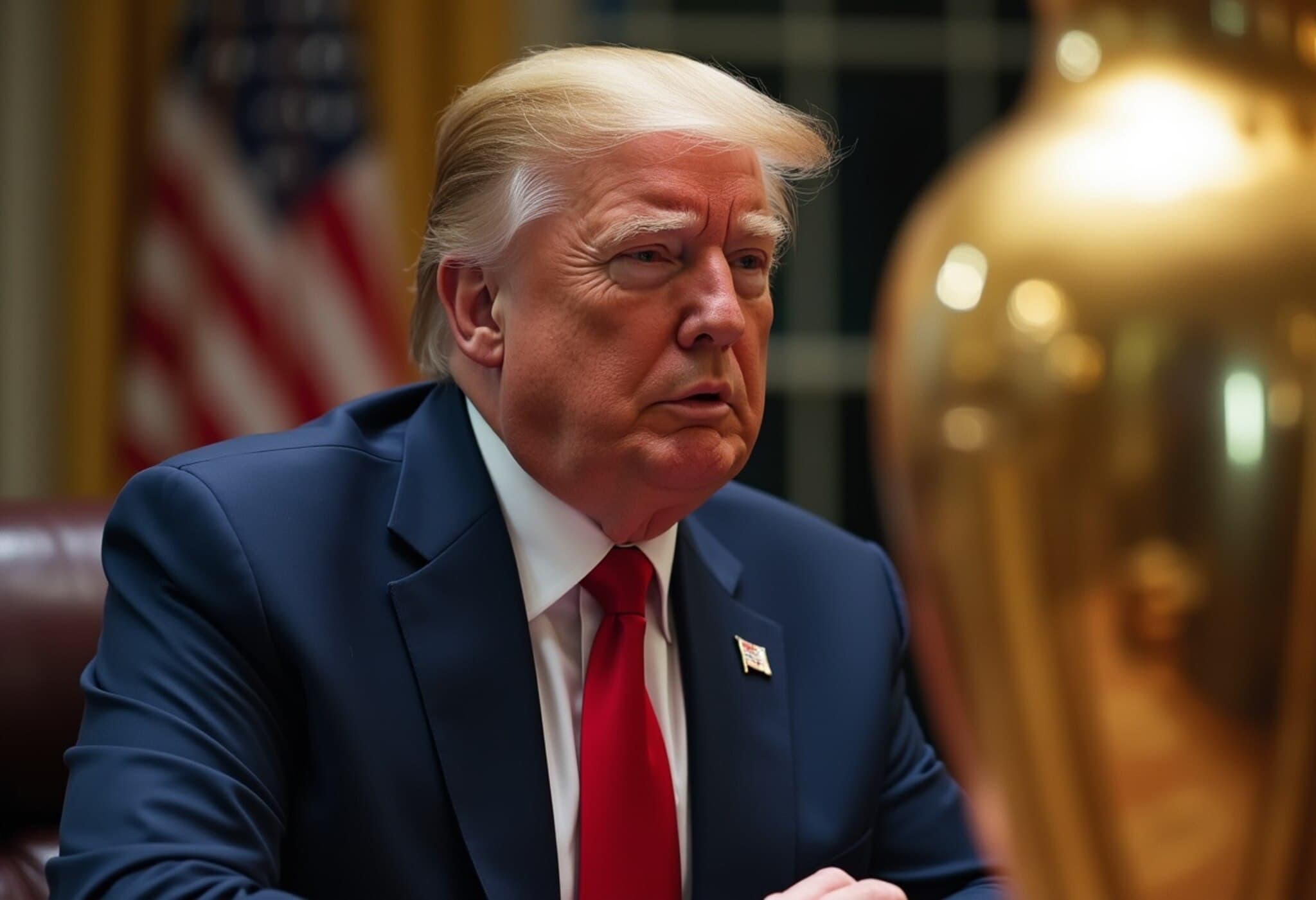Trump to Meet Qatar's Prime Minister Amid Critical Gaza Ceasefire Negotiations
On Wednesday, US President Donald Trump is scheduled to meet with Qatar’s Prime Minister, Sheikh Mohammed bin Abdulrahman al-Thani, to discuss ongoing efforts to broker a ceasefire in the Gaza conflict, according to Axios reporter Barak Ravid. This meeting underscores the heightened international engagement aimed at ending one of the most devastating flare-ups in the Israeli-Palestinian conflict in recent years.
Background: An Unfolding Humanitarian Crisis
Since July 6, representatives from Israel and Hamas have been participating in intensive ceasefire talks held in Doha, centered around a US-backed proposal calling for a 60-day truce. The proposed framework outlines a phased approach including the release of hostages taken by Hamas, withdrawal of Israeli troops from key areas within Gaza, and broader discussions aimed at halting hostilities.
This round of negotiations follows an intense period marked by significant violence. The conflict reignited in October 2023, when Hamas launched a large-scale attack on Israel, reportedly killing approximately 1,200 Israeli civilians and soldiers, while taking around 250 hostages.
In retaliation, Israel has conducted extensive military operations in Gaza. According to Gaza’s Health Ministry, these strikes have resulted in over 58,000 Palestinian deaths and have precipitated a serious humanitarian catastrophe including widespread displacement and deepening food insecurity.
Divergent Positions and Diplomatic Challenges
While the talks hold hope, deep divisions remain. The primary sticking point is the extent of Israel’s military withdrawal from Gaza. Israeli and Hamas negotiators have yet to reconcile their positions on troop movements and security guarantees.
Qatar plays a pivotal role as mediator, alongside Egyptian and US officials — their joint efforts aim to navigate the complex and entrenched challenges of this conflict. Steve Witkoff, Trump’s special envoy for the Middle East, recently expressed optimism, stating he was "hopeful" about the progress of ceasefire talks.
Controversial Proposals and Wider Geopolitical Implications
Earlier this year, President Trump controversially proposed a US takeover of Gaza, a suggestion that was met with widespread international condemnation. Critics, including human rights organizations, the United Nations, and Palestinian representatives, labeled it a veiled call for ethnic cleansing. This proposal deepened mistrust and complicated diplomatic efforts.
Moreover, Trump and Sheikh Mohammed are expected to discuss parallel initiatives to revive nuclear negotiations with Iran. Renewed dialogue on the Iran nuclear deal would potentially reshape the regional dynamics, adding a critical layer to the already multifaceted peace efforts.
The Broader Context: Decades of Conflict and Urgency
The Israeli-Palestinian conflict remains one of the longest-running disputes in modern history. This latest escalation has not only inflicted grave human suffering but also rekindled global debates on international law, human rights, and the effectiveness of diplomatic interventions.
- Humanitarian toll: Over 58,000 Palestinian deaths and substantial civilian displacement in Gaza.
- Hostage crisis: Around 250 individuals reported held captive by Hamas.
- Ceasefire proposal: A US-backed 60-day truce with phased actions.
- Geopolitical stakes: US, Qatar, and Egypt mediating complex negotiations amid broader Middle East tensions.
Expert Perspective: What to Watch Moving Forward
As a policy analyst specializing in Middle East affairs, the upcoming meeting between Trump and Sheikh Mohammed represents a critical diplomatic crossroads. Success could pave the way for a much-needed pause in violence, enabling humanitarian aid and political dialogue. However, the deep-rooted mistrust on all sides and contentious issues like territorial control, hostages, and civilian protections pose difficult obstacles.
Moreover, the international community should watch how US engagement evolves. The past proposals and rhetoric have sent mixed signals; consistent and nuanced diplomatic strategies will be essential to build credibility and momentum.
Editor’s Note
The stakes in the Gaza ceasefire talks are indeed enormous — they touch on human lives, regional stability, and the prospects for peace in a deeply fractured region. While the US-Qatar summit injects fresh hope, key questions remain:
- Can the involved parties overcome entrenched hostilities and agree on a sustainable ceasefire?
- How will the humanitarian crisis influence negotiations and international responses?
- What are the implications of intertwining the Gaza ceasefire with broader issues like the Iran nuclear deal?
As negotiations continue, balanced, informed coverage is crucial to understanding not just immediate developments but their ripple effects across geopolitical landscapes. Readers are encouraged to follow these evolving dynamics with a critical eye toward both facts and human stories behind the headlines.

